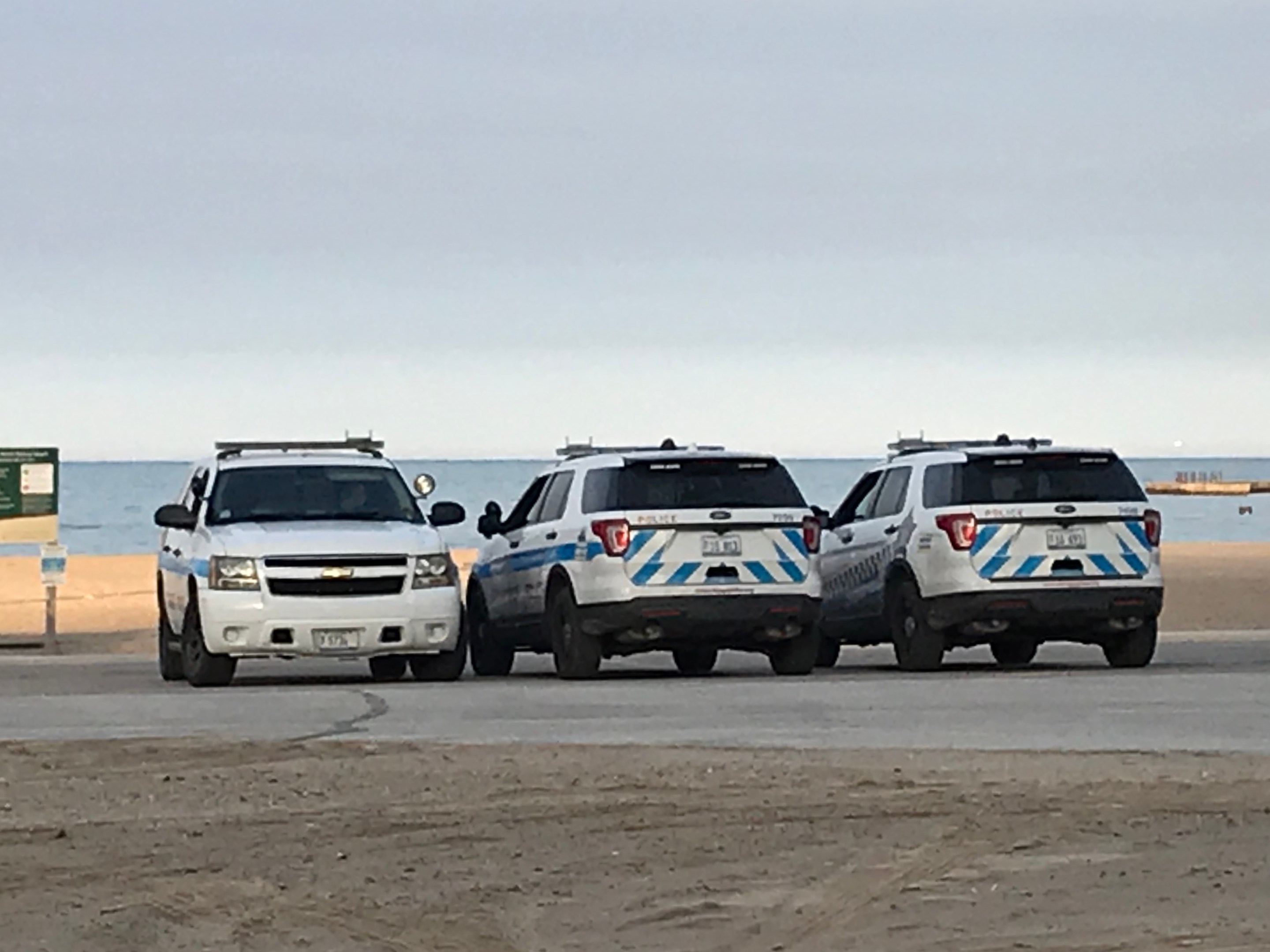Traffic stops are the most common interaction Americans have with police. According to The Pew American Trust, on a typical day police pull over more than 50,000 drivers, which adds up to over 20 million people a year. The Stanford Open Policing Project reports that officers generally stop Black drivers at a higher rate than white drivers, and stop Hispanic drivers at similar or lower rates than white drivers.
The desire to promote fairness by reducing racial disparities in traffic stops; promote safety by reducing community trauma; improve police-community relations; and promote efficiency by refocusing officers' time and resources on addressing serious crime drove Philadelphia's City Council to pass legislation banning traffic stops for minor offenses like broken taillights. Such stops are often used as a pretext to conduct searches.
Earlier this month Mayor Jim Kenney signed the Driving Equality Act, making Philly the first major city in the U.S. to ban low-level traffic stops. The law also requires police to gather and publicly release data on traffic stops.
In an interview with the Defender Association of Philadelphia, Philadelphia Council member Isiah Thomas, who sponsored the legislation, said, “I’ve been pulled over more times than I can count and it never felt like it was keeping me or my community safer. We need to improve police-community relations and, at a time of economic crisis, ensure that we are not wasting a single dollar of taxpayers’ money. My Driving Equality Bill will promote fairness, safety and efficiency, and reduce the number of people pulled over for ‘fitting a description.’”
I reached out to active transportation advocates in Chicago to get their thoughts on the bill. Oboi Reed, founder of the mobility justice nonprofit Equiticity, said, “We are in full support of Philadelphia's Driving Equality Act. Equiticity is currently focused on our advocacy work to remove enforcement from the city of Chicago's Vision Zero Plan. In addition, we are interested in limiting and ending the role of police in traffic enforcement here in Chicago and in cities across the U.S."
The roots of policing in this country have a direct lineage to racist white people known as "slave catchers".
U.S. policing in the southern states has its origins in slave patrols, responsible for enforcing slave codes that defined enslaved Black people as property, rather than human beings. These racist roots continue to permeate both the culture and practice of policing in our country, and are reflected in the very laws police are charged to enforce. Efforts to limit interactions between the police and Black and Latino people will contribute to reduced police violence in our communities and disrupt overpolicing and overzealous criminalization in our neighborhoods.”
I checked in with The Active Transportation Alliance for their thoughts. “Philadelphia’s Driving Equality law is a model Chicago should look to as inspiration for a more equitable approach to traffic enforcement.” said ATA spokesman Kyle Whitehead. “ Safe streets mean so much more than crosswalks and bike lanes. This includes reducing/eliminating the role armed police play in enforcing low-level traffic violations like routine traffic stops, jaywalking, riding a bike on the sidewalk, rolling through a stop sign on a bike, or evading a transit fare. These “violations” rarely put others at risk and open the door for discriminatory, potentially violent enforcement by police. Recent reporting [on racial inequities in traffic stops] and research [on biking while Black] shows Chicago police are currently enforcing these laws in racist and discriminatory ways that puts Black and Brown Chicagoans at risk. Reform is long past due.”
I agree that Chicago could benefit from efforts to curtail racial discrimination in traffic law enforcement. I personally think efforts towards creating self-enforcing streets through physical changes to the street, speed cameras which can help fund streets designed for slow speeds, and legislation similar to Philadelphia’s Driving Equality law would be a positive addition to Chicago’s transportation system.





